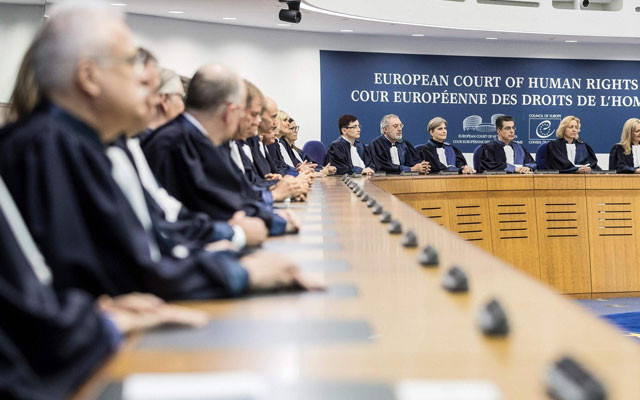
The ECHR outlines the criteria for the legality of limited access to a lawyer

During the investigation phase, access to a lawyer and legal aid may be temporarily restricted. But in exceptional cases and for good reasons. In addition, such restriction should be temporary and based on an individual assessment of the specific circumstances of the case.
Such conclusions were reached by the European Court of Human Rights in the case of W.R. v. the Netherlands (application no. 989/18), the relevant decision of the ECHR of 27.08.2024 was included in the review of the Supreme Court in August.
Her ex-husband W.R. was suspected of murdering the missing woman. The police found traces in his house that indicated a struggle and a possible attempt to conceal the crime. Although he was informed at the time of his arrest of his right to a lawyer and legal assistance, the suspect decided to cooperate with the investigation and gave a series of statements in which he confessed to the crime.
He showed the police places important to the investigation and provided detailed descriptions of the events preceding the woman's disappearance. At the stages of the subsequent investigation, he confirmed his words and even described the circumstances of the crime in the presence of his lawyer. The courts used this testimony to substantiate his guilt.
The case went to the Supreme Court of the country, where W.R.'s guilt was confirmed.
The latter appealed the verdict to the European Court of Human Rights. The man argued that the criminal proceedings against him, which focused on whether the applicant had killed the victim intentionally, were unfair because he had not been provided with the assistance of a lawyer during the initial interrogations by the police and during visits to places relevant to the investigation, while the testimony obtained in these cases was accepted by the trial courts as evidence to convict him of murder.
The Strasbourg Court examined the applicant's complaint in the context of whether the absence of a lawyer during the initial interrogations affected the fairness of the entire proceedings.
The high judges pointed out that restrictions on the right to access to a lawyer at the pre-trial stage are possible only in exceptional cases for good reasons and should be based on an individual assessment of the circumstances of a particular case. At the same time, they emphasized that even in this case, the restriction should be temporary and should not violate the overall fairness of the trial.
Analyzing the circumstances of W.R.'s case, the ECHR stated that the absence of a lawyer at the early stages of the investigation did not have an irreparable impact on the fairness of the criminal proceedings. The applicant was informed of the right to silence and the possibility of obtaining legal assistance, and his decision to cooperate with the investigation was considered voluntary. In addition, he confirmed his testimony during the court hearings, when he already had full access to a lawyer.
The court also took into account that W.R. did not have psychological or intellectual vulnerabilities that could call into question his ability to understand his rights and the consequences of their restriction. And the conclusions of the domestic courts regarding the applicant's condition confirmed that he was able to consciously participate in the proceedings and choose a defense strategy. Therefore, the domestic courts had grounds to accept his testimony, even in the absence of a lawyer.
Taking into account the circumstances of the case and the procedural guarantees provided by the national courts, the ECHR concluded that the proceedings were generally fair. And the absence of a defense counsel during the initial interrogation of the applicant by the police and during the visit to the scene was not such a defect that would irreparably harm the overall fairness of the criminal proceedings.
Therefore, the right to a fair trial was not violated. The courts provided all the necessary procedural guarantees that allowed the applicant to build a defense and challenge the evidence, even despite the temporary restriction of access to a lawyer at the initial stages of the investigation.
© 2026 Unba.org.ua Всі права захищені
"Національна Асоціація Адвокатів України". Передрук та інше використання матеріалів, що розміщені на даному веб-сайті дозволяється за умови посилання на джерело. Інтернет-видання та засоби масової інформації можуть використовувати матеріали сайту, розміщувати відео з офіційного веб-сайту Національної Асоціації Адвокатів України на власних веб-сторінках, за умови гіперпосилання на офіційний веб-сайт Національної Асоціації Адвокатів України. Заборонено передрук та використання матеріалів, у яких міститься посилання на інші інтернет-видання та засоби масової інформації. Матеріали позначені міткою "Реклама", публікуються на правах реклами.